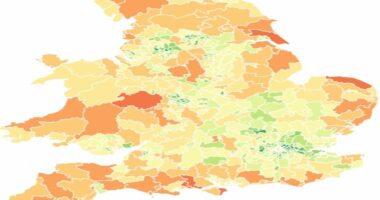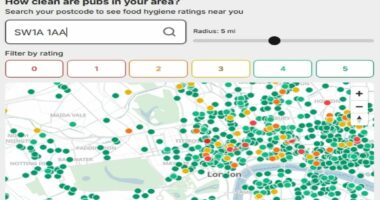Share this @internewscast.com
Every year, the second Monday of February is celebrated as International Epilepsy Day to raise awareness. This year, it falls on 12th February 2024.
Epilepsy and Myths Debunked: Epilepsy is a neurological disorder characterized by loss of consciousness, sensory disturbances and convulsions due to uncontrolled electrical activity in the brain. The causes of epilepsy may be due to genetics, brain trauma, structural differences, severe brain infections, imbalance of neurotransmitters, tumours, strokes, etc. Often, the cause of epilepsy in a particular person goes undetected. It can begin anytime across the lifespan but mostly starts in childhood and may even continue into adulthood. It can have severe repercussions if medical treatment in the form of antiepileptic medication is not started on time.
Dr. Isha Soni, Centre Head and Senior Occupational Therapist at Lexicon Rainbow Therapy and Child Development Centre, Pune, debunks some common myths associated with Epilepsy:
- All seizures are the same: Not all seizures are the same. They are different in terms of brain areas involved and in terms of intensity and manifestation. Some have simple staring spells, some have tonic-clonic movement of their limbs, and some lose consciousness. So, the family or caregivers of the individual with a seizure must describe the seizure in detail for further course of action. Often, an EEG is suggested by the neurologist to study the electrical activity in the brain. Despite the same diagnosis, it is not a one-size-fits-all protocol, and the medications will vary from case to case.
- Epilepsy is contagious: Epilepsy is not contagious. It doesn’t spread through touch, nasal inhalation or staying close to the person. Often, parents refuse their children to play with a child having seizures because of this myth, or they find the child ‘different’.
- All seizures are epilepsy: Just having one single seizure doesn’t mean one has epileptic disorder. A single episode of a seizure may happen due to a very high fever, a head injury or low blood sugar. If the seizures don’t reoccur, it isn’t considered to be epilepsy.
- Seizures are paranormal activity: This myth is still prevalent in many cultures and rural areas where it is considered as a paranormal activity encouraging quack treatments. This causes more damage than good and may sometimes prove fatal.
- Seizures are always dangerous: Not every episode of seizure is risky, requiring emergency medical intervention. Some episodes are self-limiting; providing first aid during seizures and turning to their side would help the individual.
Every year, the second Monday of February is celebrated as International Epilepsy Day to raise awareness. This year, it falls on 12th February 2024.













